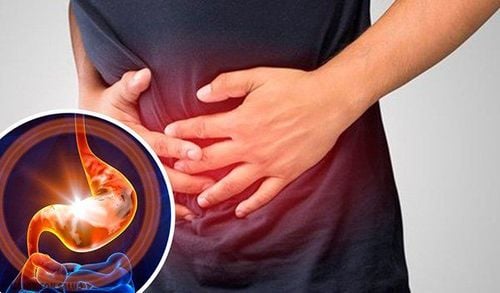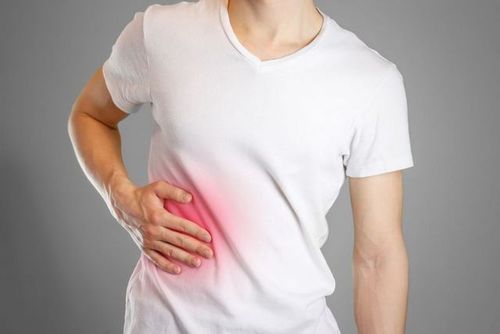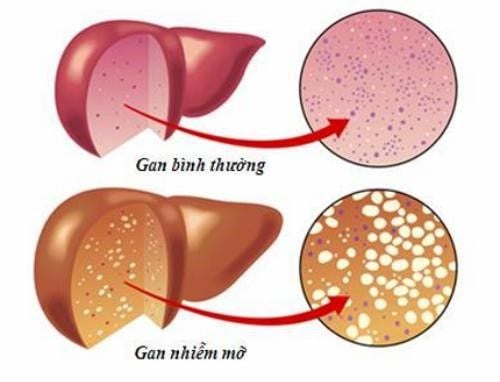Article professionally reviewed by Dr. Vo Thi Thuy Trang, specialist doctor level I - Gastroenterology Endoscopist - Department of Medical Examination & Internal Medicine - Vinmec Da Nang International Hospital
Although the liver serves as the body's main filtration and detoxification system, supplement manufacturers suggest that the liver might need its own detoxification method. In this article, we'll explore what you should know before taking liver supplements to see if these products are effective.
1. What are liver supplements?
The liver is one of the largest and most important organs in our body. Besides storing and releasing energy from food, it functions as the body's natural filter. The liver filters "waste products" in the blood, removing toxins and waste from the body. Given this organ's importance to each person's health, it's no surprise that supplement manufacturers have noticed and directed people's attention to liver detoxification methods. The liver performs many essential functions, including blood purification, protein synthesis, hormone production, and digestion support. Some liver supplement manufacturers claim their products will detoxify and rejuvenate the liver.
Thousands of products with names like "Liver Protection," "Liver Rescue," and "Liver Detox" claim they can help our liver return to its optimal state - and help you feel better in the process. However, do liver supplements work? And does your body's detoxification organ really need its own detoxification?
In reality, many claims about liver detox supplements don't align with research. Although some studies have found benefits from certain supplemental ingredients - like milk thistle and artichoke leaves - these were primarily in people with liver disease. Whether these supplements can improve liver function in healthy people remains unproven.
Liver supplement labels assert that their products will "detoxify," "regenerate," and "rescue" our liver. They aim to eliminate the harmful effects of alcohol, fats, sugar, and all other toxins that your liver has had to process over the years - or after weekend parties with friends. Websites selling liver supplements often claim their products:
- Promote liver function and overall health
- Protect liver cells from damage
- Stimulate the growth of new liver cells
- Detoxify the liver
- Improve blood flow from the liver
The manufacturers of these natural remedies promise that their supplements will regenerate your liver and restore liver function to its peak. They also claim their products will provide users with more energy, boost their immune system, help them lose weight, and even improve the user's mood.
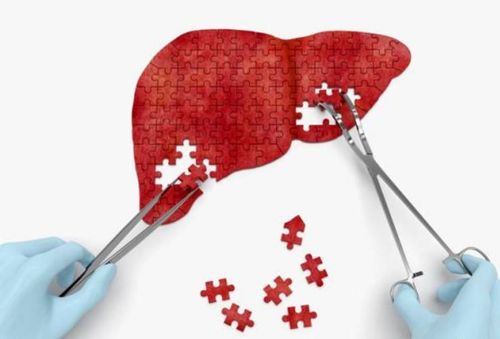
2. How does the liver work?
Before considering the use of liver supplements available on the market, it's important to understand how the liver functions.
Weighing approximately 1.4 kg, the liver performs numerous critical tasks. It is the final processing point for everything you consume. After your stomach and intestines digest food, it enters the bloodstream and reaches the liver for filtration.
The liver breaks down fats to release energy and produces a yellow-green substance called bile to aid in the breakdown and absorption of fats. It also plays a role in sugar metabolism by extracting glucose from the blood and storing it as glycogen. Whenever your blood sugar levels drop, the liver releases glycogen to stabilize your blood sugar.
When alcohol, medications, and other toxins reach the liver, they are removed from the blood. The liver either detoxifies these substances or eliminates them through urine or feces.
3. Common liver supplements
Many liver supplements on the market contain a combination of three herbal ingredients:
- Milk thistle
- Artichoke leaves
- Dandelion root
Let’s break down each ingredient based on research.
3.1. Milk thistle
Milk thistle has been used to treat liver disorders for over 2,000 years and is the most commonly used herbal ingredient. Its active compound is silymarin, which consists of several natural plant-based chemicals.
Laboratory studies suggest that silymarin helps regenerate liver tissue, reduce inflammation, and protect liver cells from damage by acting as an antioxidant. However, human studies remain limited, and manufacturers of liver supplements often mix these findings with broader claims.
One study examined children undergoing chemotherapy for leukemia. After 28 days, those supplemented with milk thistle showed slightly less liver damage compared to others.
Many studies on silymarin have focused on individuals with cirrhosis, hepatitis B, or hepatitis C. A Cochrane review assessed 18 studies involving people with these conditions and found that supplementation did not significantly impact liver disease complications or mortality compared to placebo treatments. Many studies included in the review were of low quality.
A 2017 analysis of studies indicated that silymarin slightly reduced some liver enzymes—markers of liver damage—in individuals with liver disease. However, further research is needed to determine how effective milk thistle may be. Milk thistle appears to be safe, though some individuals have reported gastrointestinal symptoms or allergic reactions when taking it. Since this supplement may lower blood sugar levels, individuals with diabetes should consult their doctor before using it.
3.2. Artichoke leaves
Artichoke leaves have antioxidant properties, and studies suggest they may protect your liver. Animal studies have indicated that they may also help regenerate liver cells.
In studies conducted in 2016 and 2018 on individuals with non-alcoholic fatty liver disease, artichoke leaves reduced markers of liver damage compared to a placebo. However, the clinical benefits of artichoke supplementation have not been definitively proven.
3.3. Dandelion root
Although dandelion has been traditionally used to treat liver diseases, evidence supporting its benefits remains limited. Further research is needed to determine its safety and efficacy for this purpose.
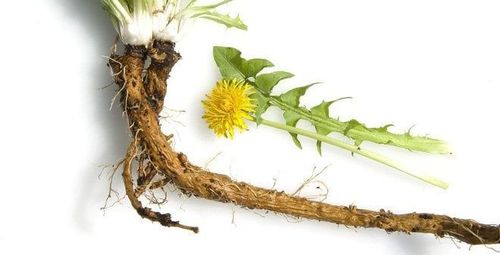
3.4. Other ingredients
In addition to milk thistle, artichoke leaves, and dandelion root, liver supplements differentiate themselves by incorporating other ingredients into their formulas. These may include:
- Wild yam root
- Goldenseal root extract
- Hawthorn berries
- Chanca piedra
However, current research on humans to confirm the detoxifying and liver-regenerating effects of these ingredients remains limited.
4. How to keep your liver healthy
At present, there is insufficient evidence to confirm whether supplements can detoxify or protect our liver. However, certain lifestyle choices have been proven to improve liver health. Here are some tips to keep your liver in optimal condition:
- Limit dietary fats: Avoid fried foods, sweets, and fast food, as they can lead to weight gain. Obesity or being overweight increases the risk of non-alcoholic fatty liver disease. Maintaining a healthy diet promotes a cleaner and healthier liver.
- Avoid toxins: Chemicals in pesticides, cleaning products, and aerosols can harm your liver as it processes them. When using these products, ensure the room is well-ventilated.
- Quit smoking: Smoking harms the liver.
- Limit alcohol and other alcoholic beverages: Excessive consumption of beer, wine, or spirits damages liver cells and can lead to cirrhosis. Drink alcohol in moderation—no more than one to two drinks per day.
- Avoid chronic use of certain medications: Every medication you take is broken down and processed by the liver. Chronic use or abuse of drugs such as steroids or inhalants can permanently damage the organ. Illegal drugs like heroin can also harm your liver.
- Do not mix alcohol and medications: Combining alcohol with certain medications can worsen liver damage. Always read the prescription instructions carefully and avoid alcohol if the label indicates that the combination is unsafe.
Pharmaceutical companies producing liver supplements often make bold claims about their products’ benefits for liver health. However, to date, most of these claims lack research-based support to confirm their effectiveness. Before using liver supplements or any other dietary products, it is best to consult your doctor for professional advice.
Reference sources: medicalnewstoday.com, healthline.com
To arrange an appointment, please call HOTLINE or make your reservation directly HERE. You may also download the MyVinmec app to schedule appointments faster and manage your reservations more conveniently.


